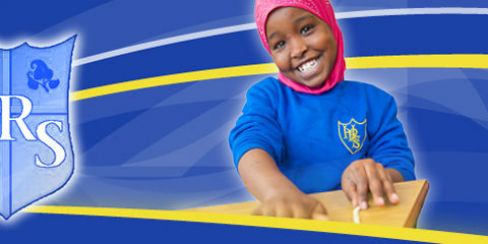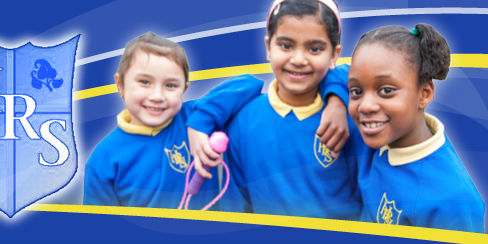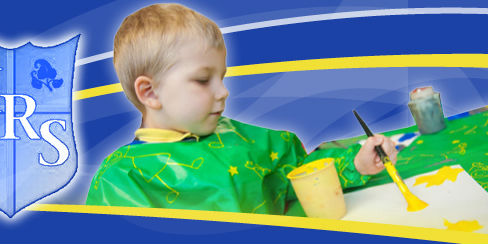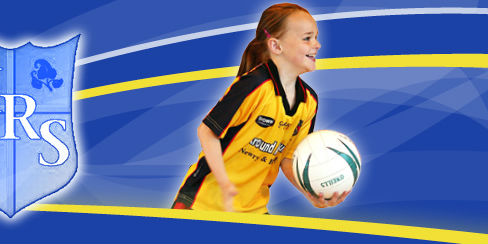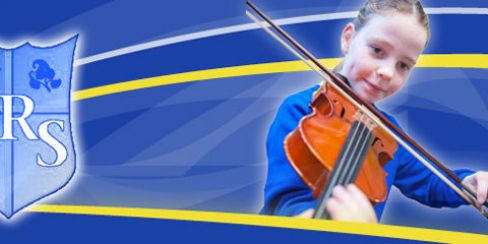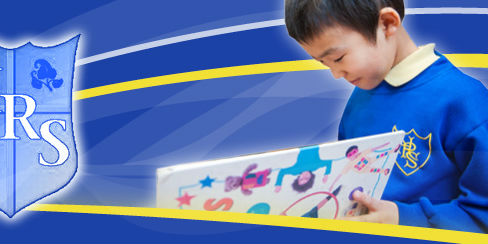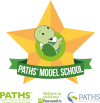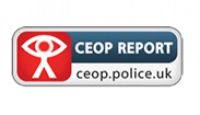P7 Mr Mullin
⭐️💫Welcome to Mr Mullin's💫⭐️
Primary 7 class.
📚
Our Topic for Term 2A is
Eco-Warriors'
🌏♻️🌳🐝🐟🦍🐘🐆🐬🐅🐢🐳
As we finish our study of the Victorian Period our focus changes to 'Eco-Warriors'.
In this topic, we learn about how we can take better care of our planet, through the importance of Reducing, Reusing and Recycling, and the difference this makes locally and globally.
We will become aware of how place affects plant and animal life and discuss different climates and ecosystems of the world (Rainforests, Polar Regions, Deserts ). We will study the plant life found in regions of the world (focus on Amazon rainforest) and decide the best place for warmth and coolness when situating a plant.
Through study of the different regions of our world we will better understand the interdependence of the natural world, including food chains.
We will be able to locate of the rainforests of the world and discuss their climatic and physical features.
Through our Learning Log research we will come to know how explorers had both a positive and negative impact on communities and understand what environments were like before humanity made an impact.
We will learn about the ways in which people may conserve and change the environment globally.
We will understand the inter-relationships between animals and plants in a habitat.
🏀🏈🏓 P.E. ⚽️🎾🏐
In P.E. our focus will be on games.
🎶🎻🎷 Music 🎷🎻🎶
In Music we will understand how music is used to evoke a response. We will know the sound characteristics of some common instruments. We will also be able to use the elements of music in composition and performance in order to compose and preserve music.
🙏🏻 R.E. : Handing on the Catholic Faith
For those who take part in Grow in Love - the Religion Programme for Study for Catholic Schools - we will learn about :
- The lives of some saints and admirable people throughout history
- The concept of Christian vocation
- There is a choice in how we respond to/ignore God’s call
- Sacrament of Baptism
- Talk about God’s call
- Be open to listening for the voice of God and to be ready to respond
- Recognise the choice in responding to/ignoring God’s call
- God’s individual call to each of us
- We are part of the Church community, the People of God
- Develop own prayer life
- Recognise that God has a plan for everyone
- Identify John the Baptist as forerunner of Jesus
- Recall and recount Bible stories about dreams
- Continue to prepare for Confirmation
📙 Homework 🎒
As the children make their way through the term we hope they will log on to Google Classroom to receive their homework. Please complete your homework in your homework book. AR, Freckle Maths, Oxford Reading Buddy and MyOn are now active so keep quizzing!
📣 Important Information:
⏰ School begins at 9am ⏰
Classrooms open 15 minutes earlier to allow pupils to come to school on time.
Pupils will be marked late after 9am.
📝 Absences 📞
If your child is absent from school please ring in to contact the teacher and give a reason for their absence.
🍌🍎 Break Time 🍎🍌
We have a 15 minute break each morning from 10.50am to 11.05am. Please make sure to have a healthy snack - fruit, milk/water.
🍽️ Lunch time ⏰
If pupils receive free school meals, parents can log on to the School Money App by EduSpot. Parents should book children in for lunch whether their child is receiving paid or free school dinners. School dinners cost £2.60.
Home Time
Monday 3pm
Tuesday 3pm
Wednesday 3pm
Thursday 3pm
Friday 2pm
🥛 Milk Orders 🥛
Milk money can be ordered each month - orders have been placed for the month of February.
🕊️ The Sacrament of Confirmation 🕊️
The Sacrament of Confirmation will be administered to our children on Thursday 8th February 2024 at 11am in the Church of The Good Shepherd. Children and sponsors should be seated from 10.30am.
The children will prepare for the Sacrament in class as part of their R.E. studies.
⛔️ ROAD SAFETY ⛔️
Stop before the kerbstone
Look in both directions
Listen to the noise at the road
Only cross when it is safe to do so.
See the following link for Road Safety tips and the Green Cross Code: https://www.nidirect.gov.uk/articles/road-safety-seven-11-year-olds
Thanks
Class Photograph
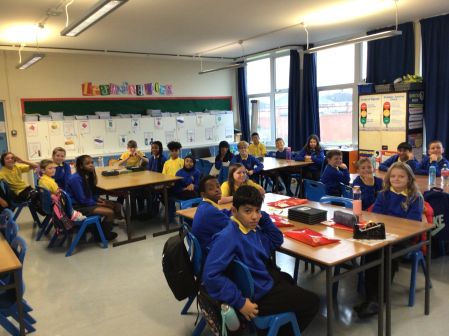
Staff


Latest Photographs

News
Letters
Holy Rosary Primary School, Sunnyside Crescent Belfast Down N. Ireland BT7 3DB | T: 028 90491817 | E: info@holyrosary.belfast.ni.sch.uk
WEBSITE BY: SCHOOLWEBDESIGN.NET | Login

